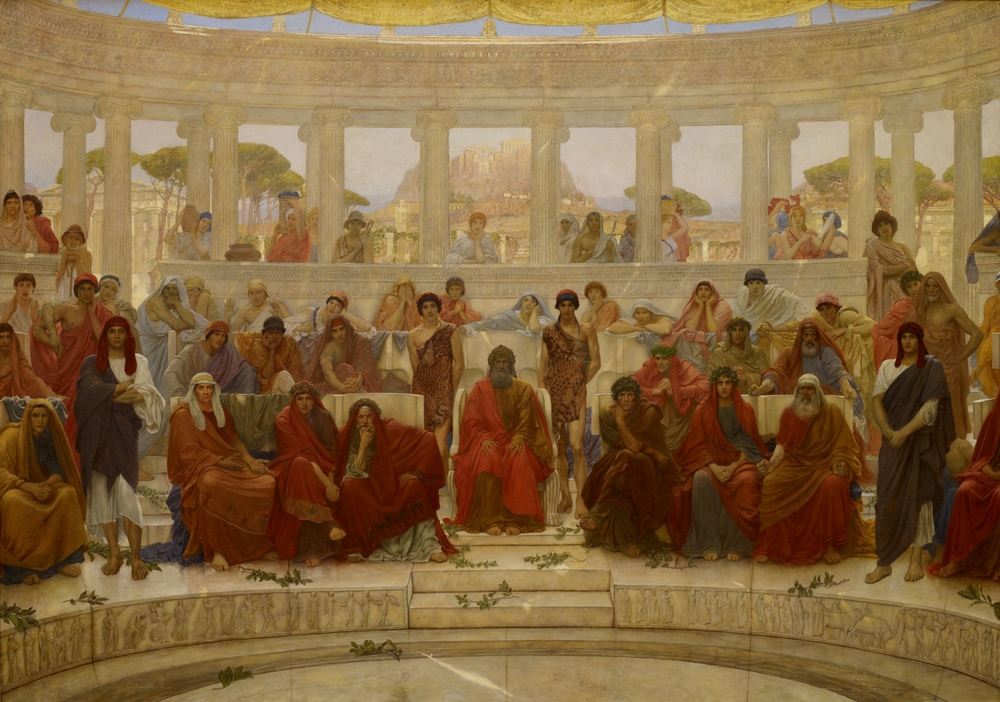According to James B. Adamson, the word salutation is the usual greeting with which Greek letters of all periods opened. (He cites Acts 15:23 and 23:26.) In Hebrew (and ancient Syriac and modern Arabic) the regular greeting is “Peace!” In Latin it is “Health!” (Salve or Salvete, in Letters Salutem, i.e., salutem dicit). In Greek it is “Joy be to you.”
James’s Capacity for Joy Even in the Trials of Life
In Adamson’s view, James writes and thinks in Greek better than any other New Testament author. He notes that James’s mind is more in tune with the capacity for joy found in Greek art and literature. The opening words of this Epistle demonstrate this when they exhort James’s audience to see joy even in the trials of life.
Sympathy for the Poor
In Adamson’s opinion, no New Testament author expresses more sympathy for the poor or more indignation at their sufferings. But it was the joy James saw in their sufferings that makes him stand out among the Christians of that period. He objected to the inclusion of the ne nos inducas (“Lead us not…”) in the Lord’s prayer. He believed this had a different spirit than the opening words of James.
Mastery of the Greek Language

Adamson continues his praise for James when he argues that James is close to the Greeks in his mastery of their language. He thinks this puts James in the company of ‘the unidentified author of the Epistle to the Hebrews’ or, for that matter, in the company of Aeschylus.
This is Agamemnon, my
Lord husband, slain, the deed of this right hand
Fulfilling justice; thus this matter stands.
(Aeschylus Agamemnon 1403-1405, as translated by Adamson)
Leave a Reply
You must be logged in to post a comment.